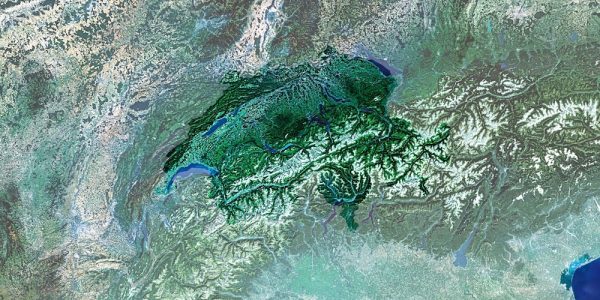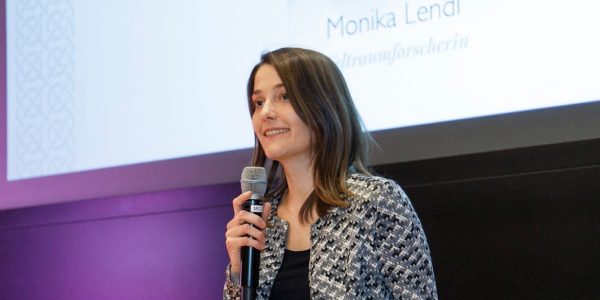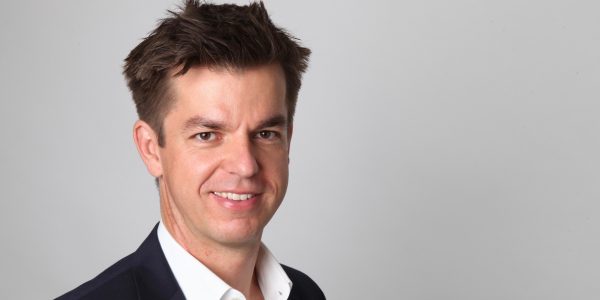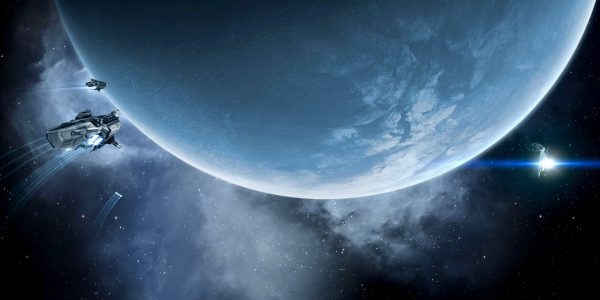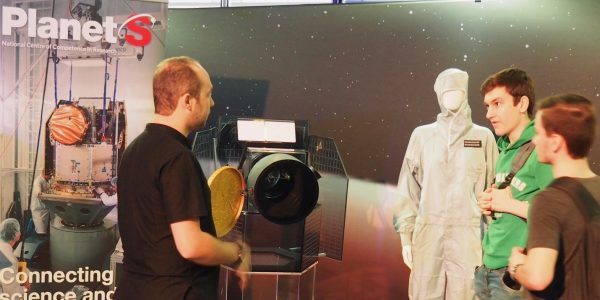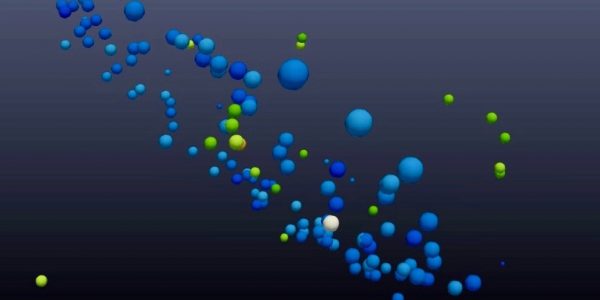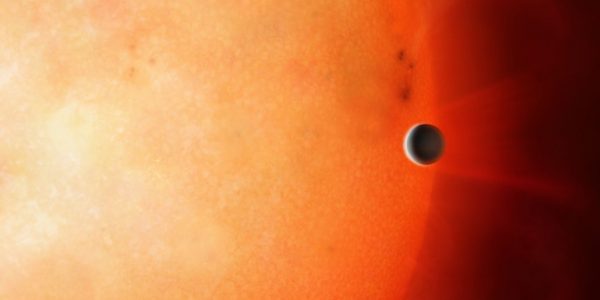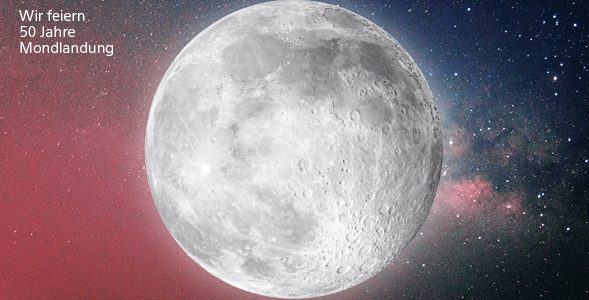News
Switzerland in Space
From the Bernese solar-wind experiment on Apollo 11 to space research in Switzerland as a member of the European Space Agency ESA – the development up to the first long-term space research programme âHorizon 2000â. By Martin C.E. Huber The Bernese experiment, which Buzz Aldrin planted into the solar wind after he and astronaut colleague […]
Continue ReadingA prize for outstanding achievements
The astronomer Monika Lendl has won the Look! business award for the Austrian woman of the year in STEM (Science, technology, engineering & maths). Monika Lendl is member of PlanetS and works as senior researcher at The University of Geneva. This yearâs Austrian woman of the year in the science, technology, engineering and mathematics, nominated […]
Continue Reading“We will need large space missions”
Sascha Quanz was appointed the new professor of Exoplanets and Habitability at ETH Zurich on 1 June 2019. “I’m delighted that we can now move ahead with renewed vigour, also within PlanetS,” says Sascha Quanz, who is now also a member of the Executive Board of the National Centre of Competence in Research. PlanetS: You have […]
Continue ReadingDiscover exoplanets while playing
Two years ago, the Icelandic company CCP, which markets and operates the EveOnline galactic conquest game, launched the “project discovery”, a concept of citizen science included in the game. Using the star light curves taken by the European CoRoT satellite (COnvection, ROtation et Transits), the goal was to try to discover periodic decreases in the […]
Continue ReadingWhen science meets fiction
The NCCR PlanetS has been participating to several public events since its creation. Amongst them, there is one which has been recurrent, and this year was no exception… It is not the most obvious one to go to, but over the years, it has established itself as a landmark as it has always been a […]
Continue ReadingHighlights of recent research results
Recently, PlanetS researchers published papers about stolen comets, a forbidden planet, meteorites from Vesta, and Rare-Earth metals in the atmosphere of a glowing-hot exoplanet. The video based on computer simulations demonstrates what happens if two young stars in a cluster undergo a close encounter. Each star has a belt of so-called planetesimals, the building blocks […]
Continue Reading‘Forbidden’ planet found in ‘Neptunian Desert’
For the first time, an international team of astrophysicists, including members of PlanetS, discovered a new kind of exoplanet in the Neptun desert, an area where no such exoplanet had been identified to date. An international team of astronomers, leading by the Warwick University and including members of PlanetS, have found a “forbidden” planet three times […]
Continue ReadingStolen comets and free-floating objects
Our Solar System may contain alien comets that were stolen from another star flying past 4.5 billion years ago. Far away in a distant cluster of young stars, a similar close encounter might have also sent the inter-stellar visitor âOumuamuaâ flying on its way towards us, and there must be many more of these free-floating […]
Continue ReadingBern in Space
Bern in Space Berne celebrates 50 years of moon landing – When Buzz Aldrin was the second man to leave the lunar module on 21 July 1969, first he unfurled the solar wind sail of the University of Berne and put it into the bottom of the moon before the American flag. This experiment was […]
Continue ReadingJoint PhD Position in Exoplanetary Sciences at University of Grenoble Alpes and University of Geneva
Joint PhD Position in Exoplanetary Sciences at University of Grenoble Alpes and University of Geneva One 3-year PhD position is currently available at Institute of Planetology and Astrophysics of Grenoble (IPAG) at the University of Grenoble Alpes and at the Department of Astronomy of Geneva University. The position starts September 1st, 2019 for 18 months […]
Continue Reading
